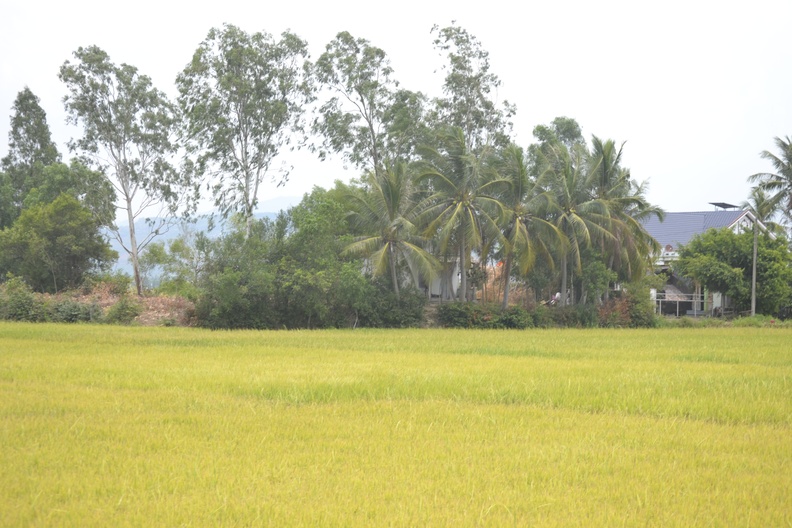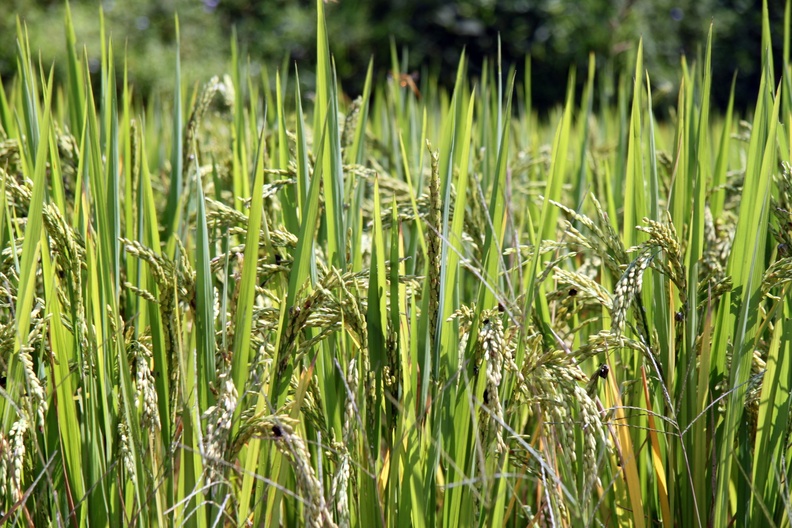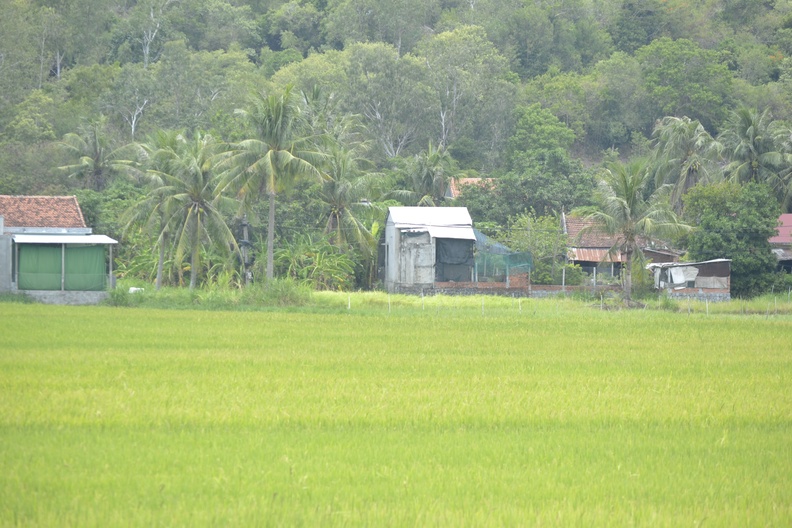Rice, often referred to as the staple food of Vietnam, plays a pivotal role in the country’s agricultural landscape. With its lush paddy fields stretching across the countryside, Vietnam has established itself as a major player in rice production, not only to feed its own population but also to contribute to the global market. In this post, we delve into the significance of rice farming in Vietnam, its role in agricultural exports, and its harmonious coexistence with other crops like dragon fruit (thanh long) cultivation.

Vietnam’s Rice Farming Legacy: For generations, rice farming has been an integral part of Vietnamese culture and livelihood. The country’s diverse climate and fertile delta regions provide an ideal environment for cultivating different varieties of rice. From the terraced fields in the northern highlands to the vast deltas in the Mekong region, rice cultivation techniques have evolved over time, reflecting the resourcefulness of local farmers.

Contribution to Agricultural Exports: Vietnam’s rice production not only sustains its own population but also makes a significant contribution to the global food market. The country ranks among the top rice exporters worldwide, exporting various types of rice to numerous countries. The robust export industry has not only boosted the nation’s economy but has also fostered international relationships and trade partnerships.

Synergy with Other Crops: Interestingly, rice farming in Vietnam is not isolated but often coexists harmoniously with the cultivation of other crops, such as dragon fruit (thanh long). This synergy reflects the diversity and versatility of Vietnam’s agricultural landscape. While rice remains a staple, the cultivation of crops like dragon fruit demonstrates the country’s ability to adapt to changing market demands and consumer preferences.

Challenges and Sustainability: Despite its success, the rice industry in Vietnam faces challenges such as climate change and the need for sustainable farming practices. Efforts are being made to integrate innovative techniques and technology to ensure the long-term viability of rice farming while minimizing its environmental impact.
Rice farming holds a special place in Vietnam’s agricultural heritage and continues to be a driving force in the nation’s economic growth. As the country balances its traditional practices with modern advancements, the cultivation of rice and other crops like dragon fruit showcases the resilience and adaptability of Vietnamese farmers. With a rich history and a promising future, rice farming in Vietnam remains a cornerstone of the country’s agricultural prowess and its commitment to global food security.

